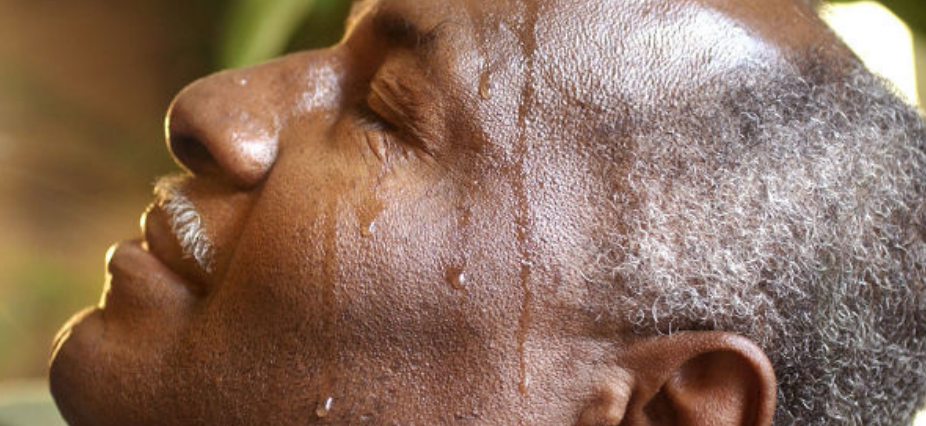
Submitted by BC Lung's Dr. Menn Biagtan and Dr. Noah Quastel
We now think BC’s June heatwave killed 500 people. The BC Coroner’s Office has identified a massive spike in deaths it attributes to the heatwave.
Now, hard questions are being asked, with journalists such as Vaughn Palmer questioning whether the government handled it well enough and the Liberal Party opposition calling for an independent inquiry. There is now a lot of attention to how our buildings need to be upgraded for heat events and a warmer climate.
The Coroners’ Office, together with the British Columbia Centre for Disease Control is now undertaking an investigation.
The heat event brings together a number of concerns we have at the BC Lung Association (BC Lung). We have long been focused on the needs of persons with chronic lung conditions. We are also concerned with indoor air quality.
We think persons with COPD, asthma and other lung conditions may have faired worse in the heat event than other BC residents.
Research shows that heat exposure makes it harder for COPD patients to breath. Extreme heat can increase airway resistance rapidly and trigger asthma symptoms, leading to increased hospital visits for asthma patients after extreme heat events. Heat events can increase air pollution, and both can work together to increase respiratory symptoms in patients suffering from chronic lung disease. Particulate matter (PM2.5) ozone (O3) and nitrogen dioxide (NO2) are linked to respiratory diseases and likely increased during the heat event.
As a society we need to plan better for climate change impacts, and we can predict more heat events like the one in June to happen in the future. Part of climate justice and adaptation strategies includes ensuring we meet the needs of people with lung conditions.
That is why BC Lung has written to the Chief Coroner’s Office and the BCDC requesting that the investigation consider needs of lung health patients, their families and friends, and service providers. We asked them to look at the special circumstances of lung patients, and the role that poor ventilation and filtration may have played in making a bad problem worse.
We look forward to the results of the investigation and feel it will be an important tool in future preventative health planning, improving health outcomes, emergency response and saving lives in the province.
